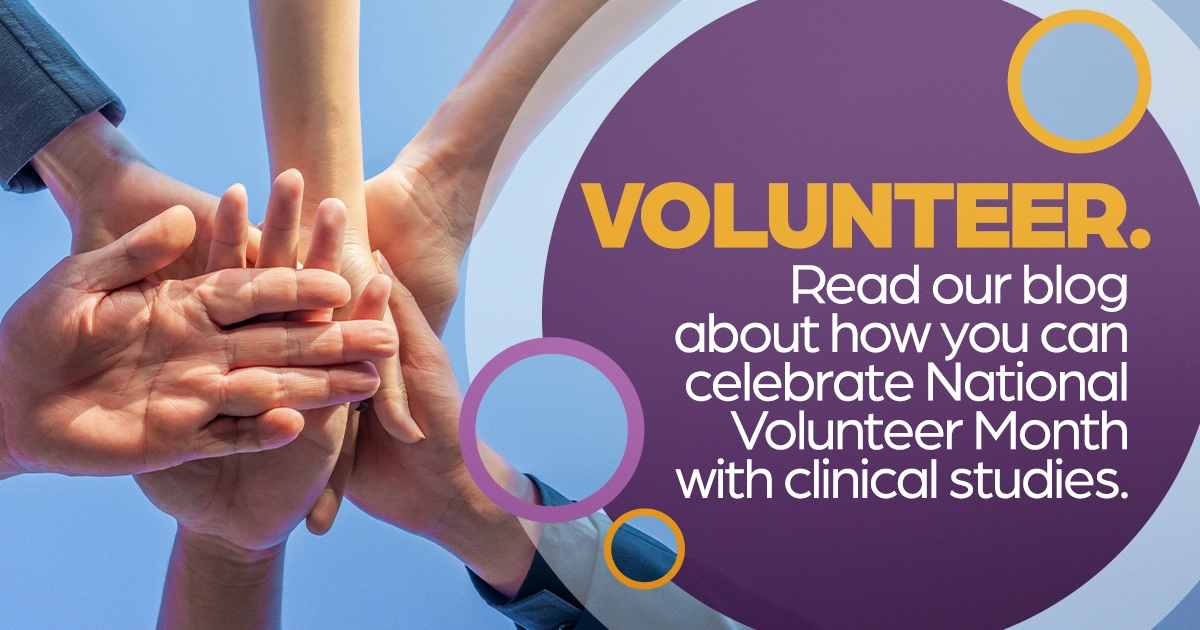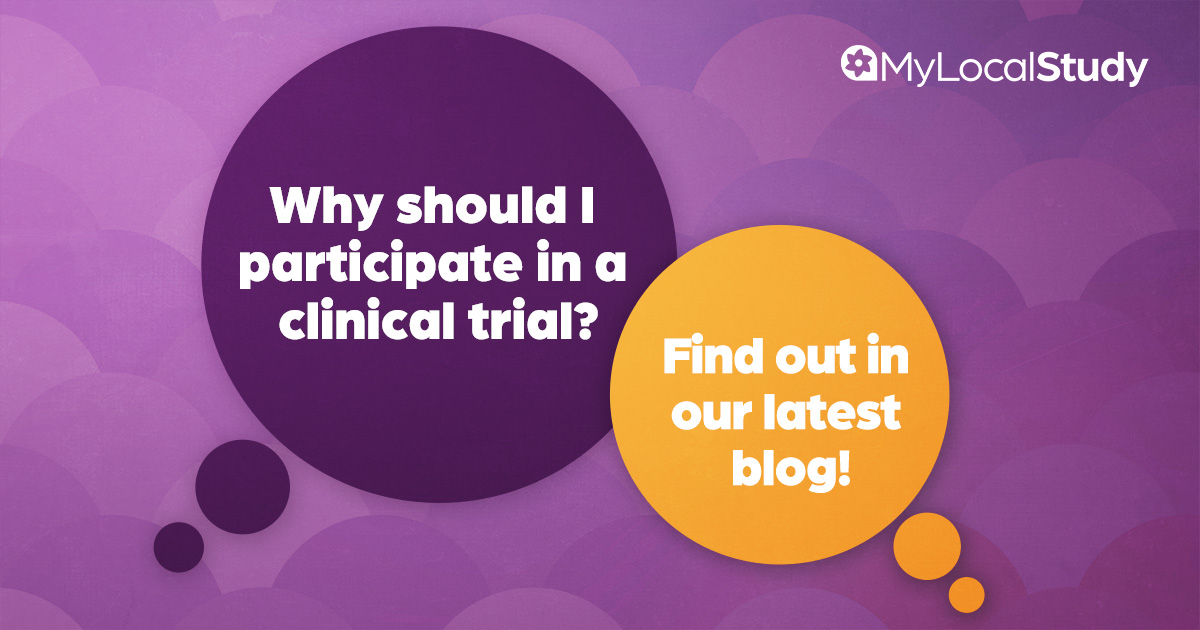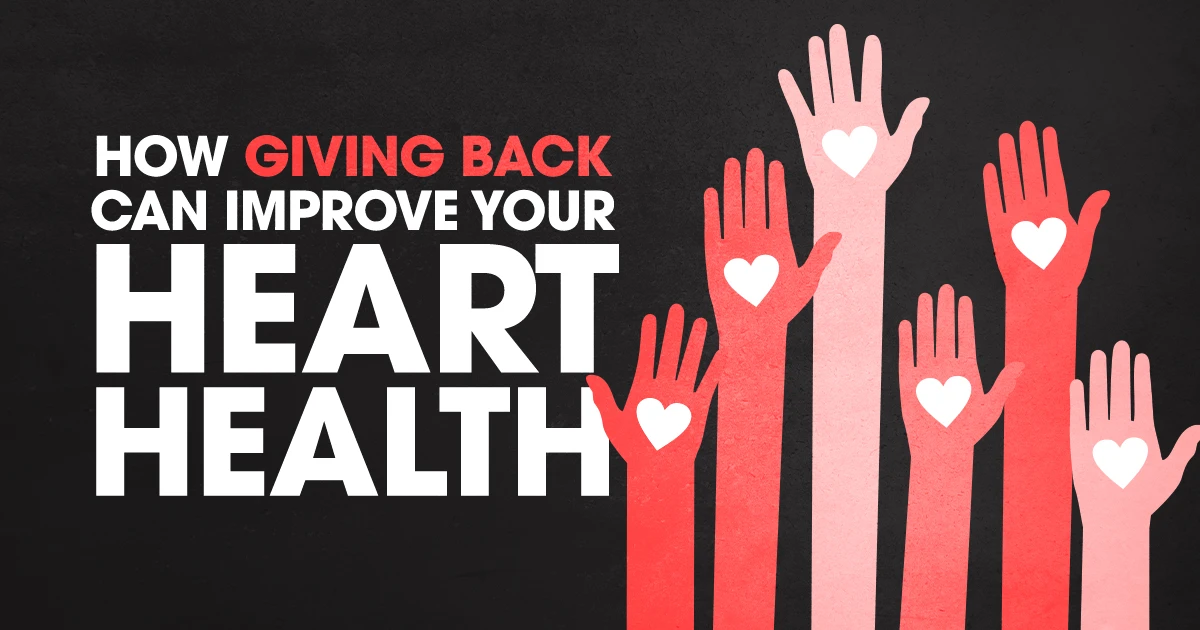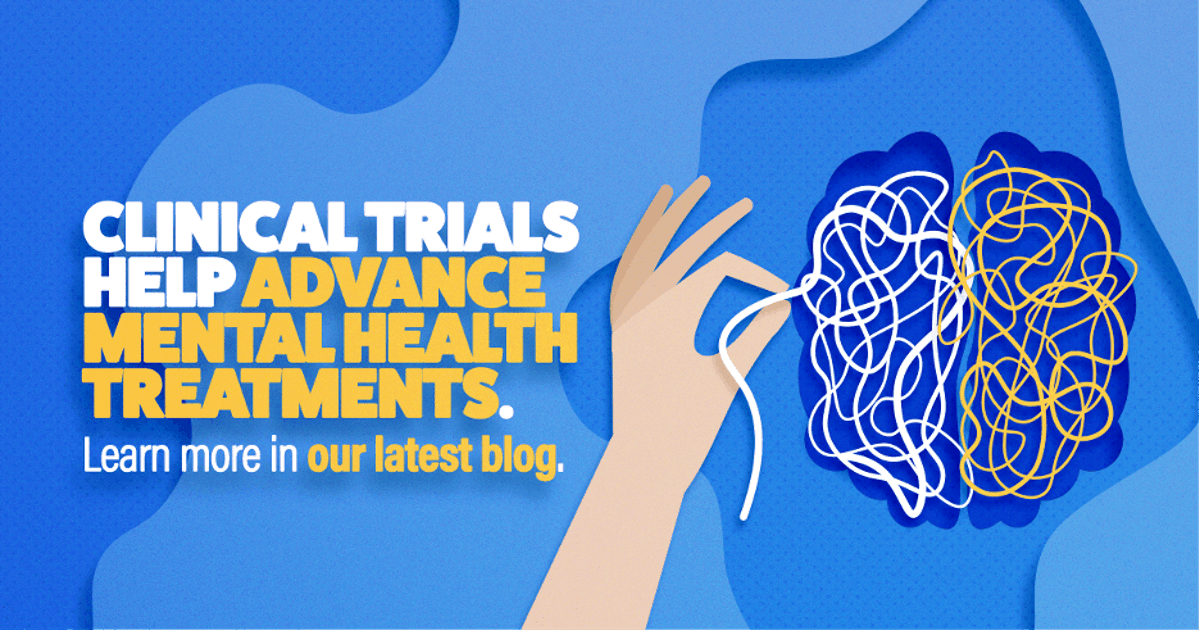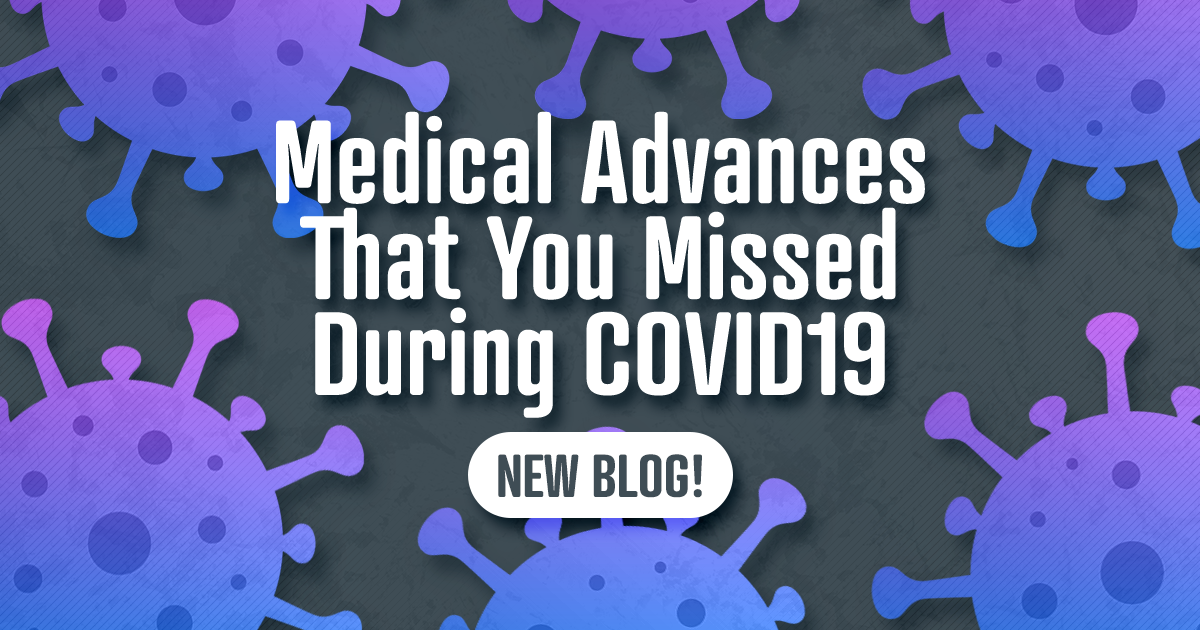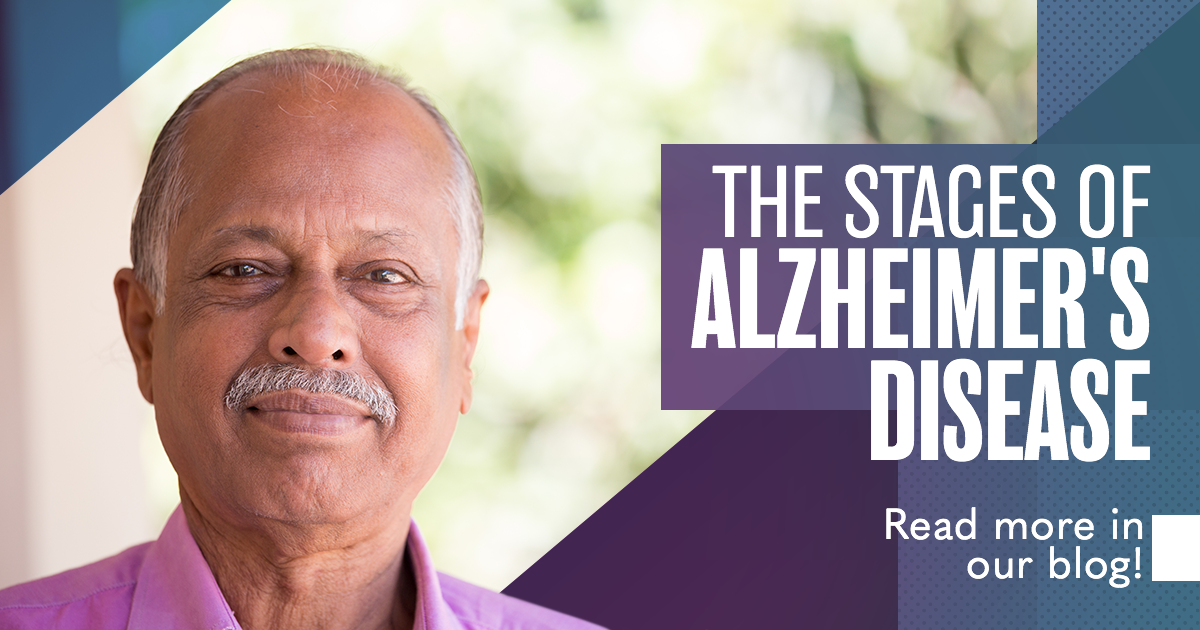Be a Volunteer: Join a Clinical Research Study!
April is National Volunteer Month, a time to celebrate the incredible impact volunteers have on our communities. But did you know you can volunteer your time and make a difference in a way that advances medical science for everyone? Participating in a clinical research study is a powerful way to contribute to the future of …

